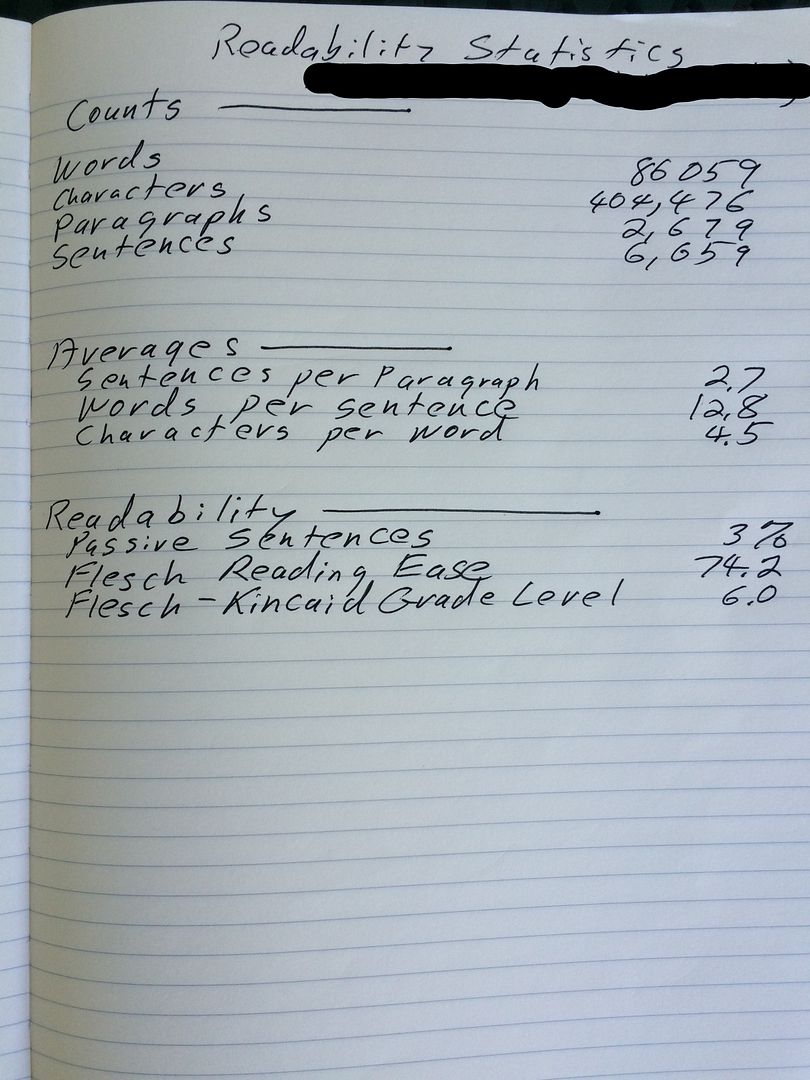I read this article a while ago, and enjoyed it - I like his tone, although it's the sort of thing of which a little goes a long way. A bit like stand-up comedy: great for half an hour, but you wouldn't want to live with it. At least, I wouldn't. I'd end up having to build another new patio.
He's not really saying anything new, but he is saying it in his own style - and that may reach some people that wouldn't have been reached by a more dry, instructional tone. Plus, he does say in the introductory part that this is him unpacking why he stops reading books. It reminds me of what has made me stop reading books, and how I felt about it - which a more emotionless article wouldn't have done. I don't know about anybody else, but when the author's writing makes me stop reading a book I really wanted to enjoy, there's that feeling of frustration: I wanted to be your fan, and read all your books and rave about them, and then you went and put an adverb in every single bloody sentence! Why? Why? Why?


